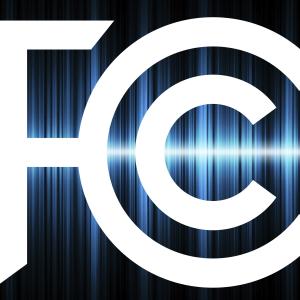Broadcasting in Wildfires
When wildfires hit California, how did local broadcasters respond?
Local news is important for many reasons, but it's often said that local broadcasters are at their finest when disaster strikes. We've seen this time and again, whether it was the hurricanes in Florida, Puerto Rico, and Houston, or other crises that impacted communities across the country. And we saw it when wild fires and mud slides hit California. So, what role did broadcasting play in public safety and the response to these months-long disasters? What sort of coordination happened between TV and radio stations and first responders? For the first time, the FCC podcast hits the road as Evan is joined by Mark Danielson, general manager of the News Press Gazette Company, which owns Santa Barbara's KEYT, where this episode was recorded. (Disclaimer)
